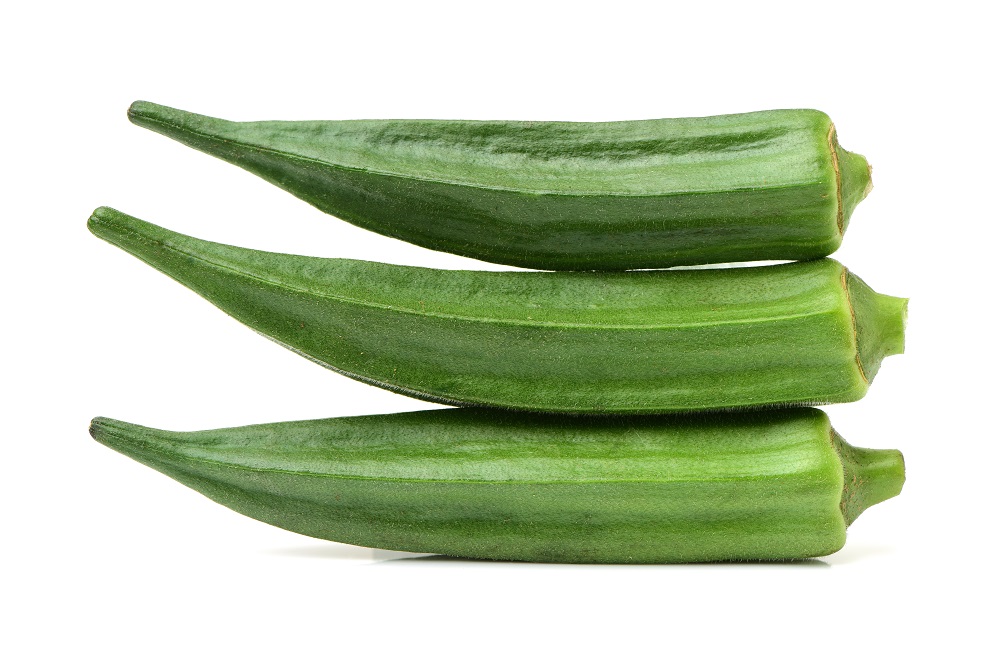words: Ronda Payne
Asparagus, the forgotten crop?
A Washington grower touts the benefits of growing a vegetable in demand
North Americans apparently aren’t getting all the asparagus they want. This insight into a vegetable in short supply came courtesy of Alan Schreiber of Schreiber & Sons Farm in Eltopia, Washington when he presented at the 2015 Pacific Agriculture Show.
A researcher and diverse organic vegetable farmer, Schreiber grows for the wholesale market as well as for CSAs and farmers’ markets. Despite his background and education, he noted he learns the same way every other farmer does.
“There’s not one mistake we haven’t made or at least things we haven’t dealt with,” he said.
The executive director of the Washington Asparagus Commission noted that asparagus production is at a record low, but has had record high prices. Not one Washington grower has enough supply to meet the demand of that state – this is the eighth year running for the shortage. He estimates the situation is similar in B.C.
“No one’s planting asparagus,” he noted. “If you can get labour (for cutting)… there’s a lot of money to be made in asparagus.”
Schreiber has seen an almost 100 per cent premium in pricing in growing organic asparagus over growing conventional. On his farm, there is an expectation of getting 10 to 15 thousand pounds of organic asparagus per acre of land under production.
Asparagus is a perennial that produces edible stems each spring off of crowns. Once seedlings are transplanted to beds, the plants can produce quality asparagus stems for more than a decade, with some plants surviving for up to 20 years. It is the harvesting by hand that takes up the lion’s share of effort in growing this crop as the stems are harvested daily.
It’s a crop that needs new consideration Schreiber said. With new varieties on the market and new planting techniques there are few challenges with growing asparagus except for the nasty behavior of the European Asparagus aphid. He describes this virulent bug as the single limiting factor in growing the crop and being successful with it.
Battling the bug
The European Asparagus aphid injects a toxin into the plant, while it is feeding on it, that can kill, or severely stunt the asparagus growth and development very quickly, Schreiber explained.
“If you find one in your field, you have to treat [for the pest],” he said.
While he has significant experience in testing, researching and applying treatments suitable for organic crops, he was on the hunt for one that would do the specific aphid in effectively without the concerns of being poisonous.
“Asparagus is hard to kill, but this bug…,” he trailed off. “We’ve been testing everything.”
A tank mix of Aza-Direct (azadirachtin) and Pyganic (pyrethrins) at what Schreiber described as “unseemly pressure” worked (both products are certified for organic use in Schreiber’s region).
“When I saw this [the effectiveness of the mixture], I started planting organic asparagus,” he noted.
While the spray did the job on the European Asparagus aphid, it isn’t a complete solution. Basic crop management practices for pests must still be observed.
“You gotta scout and you gotta scout early,” he said. “The minute you get the first aphid [you have to begin treatment].”
Schreiber advised spraying every seven days at high rates as soon as the first aphid is seen.
“You don’t stop until they’re gone,” he added.
Weed Whacking
Another issue faced on Schreiber’s farm is the proliferation of weeds. Although he has not yet has a disease problem in his asparagus, he is aware that the weeds do contribute to potential disease pressures.
“Weeds aren’t a problem for us, they are an expense,” he said. “We’ve tried everything.”
From flame control to herbicides, the weeds seem to win and will continue to be an issue for Schreiber.
“We will eventually have fusarium,” he said of the soil-borne fungi that will attack asparagus crowns given the opportunity.
To date, fusarium hasn’t been an issue on his farm. To help prevent disease issues, Schreiber recommends planting wider rows for air flow and proper varietal selection is key to achieving success.
“If I could pick one crop for you to plant and make some money, it would be asparagus,” he concluded.











